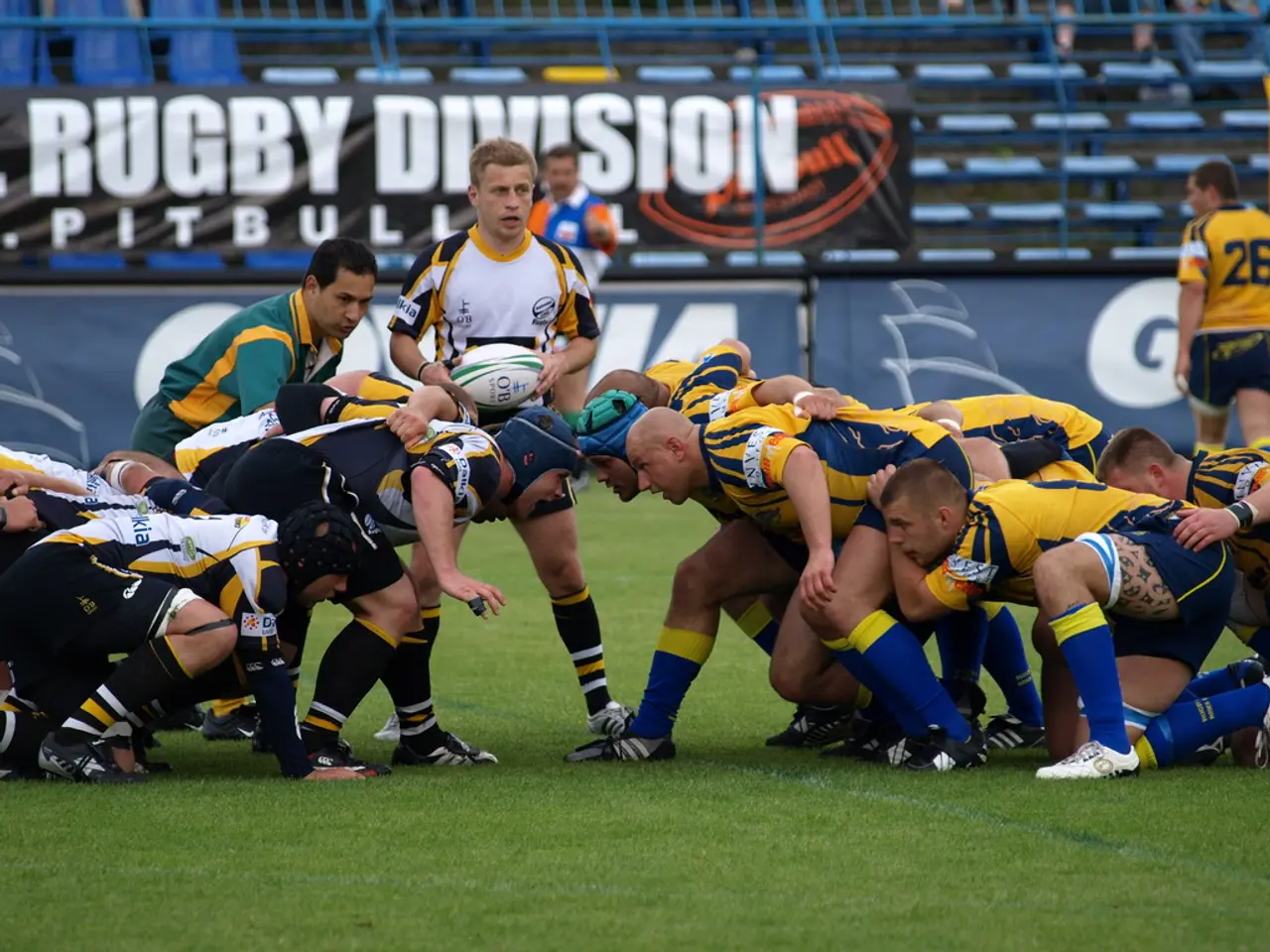Three indigenous Californian groups file lawsuits against Kalshi and Robinhood, alleging illegal gambling practices
In a significant development, three California tribes - the Blue Lake Rancheria, the Chicken Ranch Rancheria of Me-Wuk Indians, and the Picayune Rancheria of the Chukchansi Indians - have filed a federal lawsuit against Kalshi and Robinhood, accusing them of operating illegal sports betting activities on tribal lands.
At the heart of the case is the claim that Kalshi's event contracts, offered through Robinhood's platform, are essentially disguised sports wagers. The tribes argue that these contracts violate the Indian Gaming Regulatory Act (IGRA), the California Constitution, their tribal-state gaming compacts, and also constitute violations under the Racketeer Influenced and Corrupt Organizations (RICO) Act.
The plaintiffs contend that these event contracts, though styled as commodities or futures products regulated by the Commodities Futures Trading Commission (CFTC), are in substance illegal, unregulated sports wagers constituting Class III gaming, which under IGRA can only occur with an approved compact.
The lawsuit, filed in the U.S. District Court for the Northern District of California, focuses on protecting tribal sovereignty and regulatory rights over gaming on reservations. The tribes are seeking preliminary and permanent injunctions to prevent Kalshi and Robinhood from providing these betting services on their sovereign lands.
The RICO Act is invoked due to the claim of two or more racketeering actions within a 10-year span. The lawsuit calls for a preliminary and permanent injunction against both companies, and the tribes are seeking broad enforcement, not just stopping the betting but potentially penalizing any financial gains made from what they call an illegal business model.
As of late July 2025, no court decisions or settlements have been reported in this ongoing case. The tribes want the court to prevent both Kalshi and Robinhood from continuing any sports betting operations that may affect tribal territories and to block both companies from operating betting services on tribal lands.
Neither Kalshi nor Robinhood has responded publicly to the lawsuit as of the article's publication. The outcome of this case could have significant implications for the regulation of sports betting on tribal lands and the interpretation of the Indian Gaming Regulatory Act.
[^1^] Source: Courthouse News Service [^2^] Source: Indianz.com [^3^] Source: CalMatters [^4^] Source: The Sacramento Bee
- The lawsuit filed by the Blue Lake Rancheria, Chicken Ranch Rancheria of Me-Wuk Indians, and Picayune Rancheria of the Chukchansi Indians alleges that Kalshi's sports-betting activities, facilitated through Robinhood's platform, are essentially disguised sports wagers that violate the Indian Gaming Regulatory Act (IGRA) and the Racketeer Influenced and Corrupt Organizations (RICO) Act.
- The plaintiffs in the federal lawsuit against Kalshi and Robinhood argue that the casino-and-gambling activities offered through Robinhood's platform, though styled as commodities or futures products, are in substance illegal sports-betting, which under IGRA can only occur with an approved compact.




